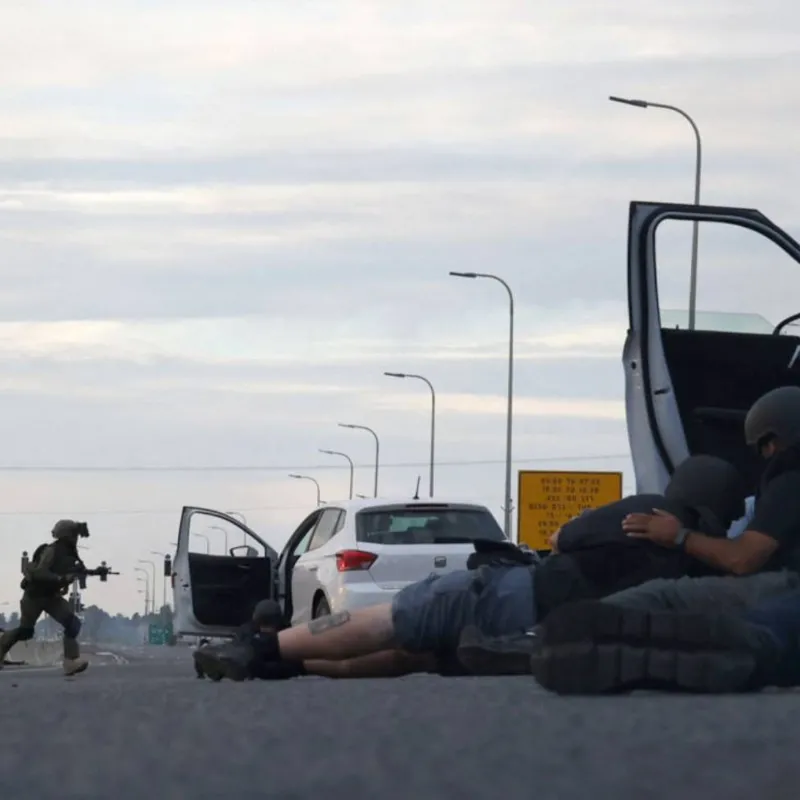In the last year, the Middle East has faced one of the worst wars in modern times, showing how peace remains distant because of deep political, strategic, and religious differences that are still unresolved.
Many people in the region wish for quiet and safety, but the ongoing conflict makes that dream hard to reach. The recent war, especially the Hamas attack on Israel, has changed Middle East politics.
The Hamas attack that started the war came from over a century of unresolved issues. On that day, Hamas broke through Israel’s weakly defended border, causing the worst attack in Israeli history, according to Israel’s Prime Minister Benjamin Netanyahu, who even said it was the worst day since the Holocaust.
About 1,200 people, mostly civilians, were killed by Hamas. Israel saw this as a threat to its very survival and responded with severe attacks on Gaza, which killed nearly 42,000 Palestinians, mostly civilians, according to the health ministry in Gaza. Much of Gaza has been destroyed, and Palestinians accuse Israel of committing genocide, according to BBC reports.
This war has not stayed within the borders of Gaza and Israel. As of now, the Middle East is on the edge of an even larger, more dangerous war, with the possibility of it spreading to other countries.
One major lesson from this year of conflict is that some key beliefs were proven wrong. One of them was Netanyahu’s belief that he could ignore the Palestinians’ desire for their own state. This way of thinking also affected how Western countries like the US and UK viewed the conflict.
The US, under President Joe Biden, tried to make a peace deal that involved Israel recognizing a Palestinian state in exchange for Saudi Arabia normalizing relations with Israel.
However, Netanyahu rejected this, saying that giving Hamas a state would reward them. Members of his cabinet even saw a Palestinian state as a threat to Israel’s existence.
Meanwhile, Hamas leader Yahya Sinwar seemed to believe that Iran and its allies would join in to fight against Israel, but Iran made it clear it didn’t want a wider war. Even Hezbollah, Iran’s ally in Lebanon, only fired rockets at Israel’s northern border, targeting mostly military locations. Still, Israel retaliated heavily, causing many Lebanese civilians to flee.
BBC reports that Israel, despite expecting Hezbollah to fight back fiercely, launched an intense bombing campaign in Lebanon, killing around 600 people, including civilians. This attack weakened Hezbollah, and on September 27, Israel killed its leader, Hassan Nasrallah, in a massive airstrike. Nasrallah was a key figure in Iran’s network of allies, and his death was a major blow to Iran’s strategy to challenge Israel.
Despite this, the fighting continued. Iran, feeling pressured by Israel’s aggression, responded on October 1 by firing ballistic missiles at Israel.
This act by Iran showed that it was willing to risk a larger war rather than allow Israel to keep pushing. This growing conflict has only deepened the crisis in the region, making peace seem even further away.
BBC’s coverage has highlighted how this war is rapidly changing the political landscape of the Middle East, with no clear end in sight.
https://www.bbc.com/news/articles/c781vgy3918o

